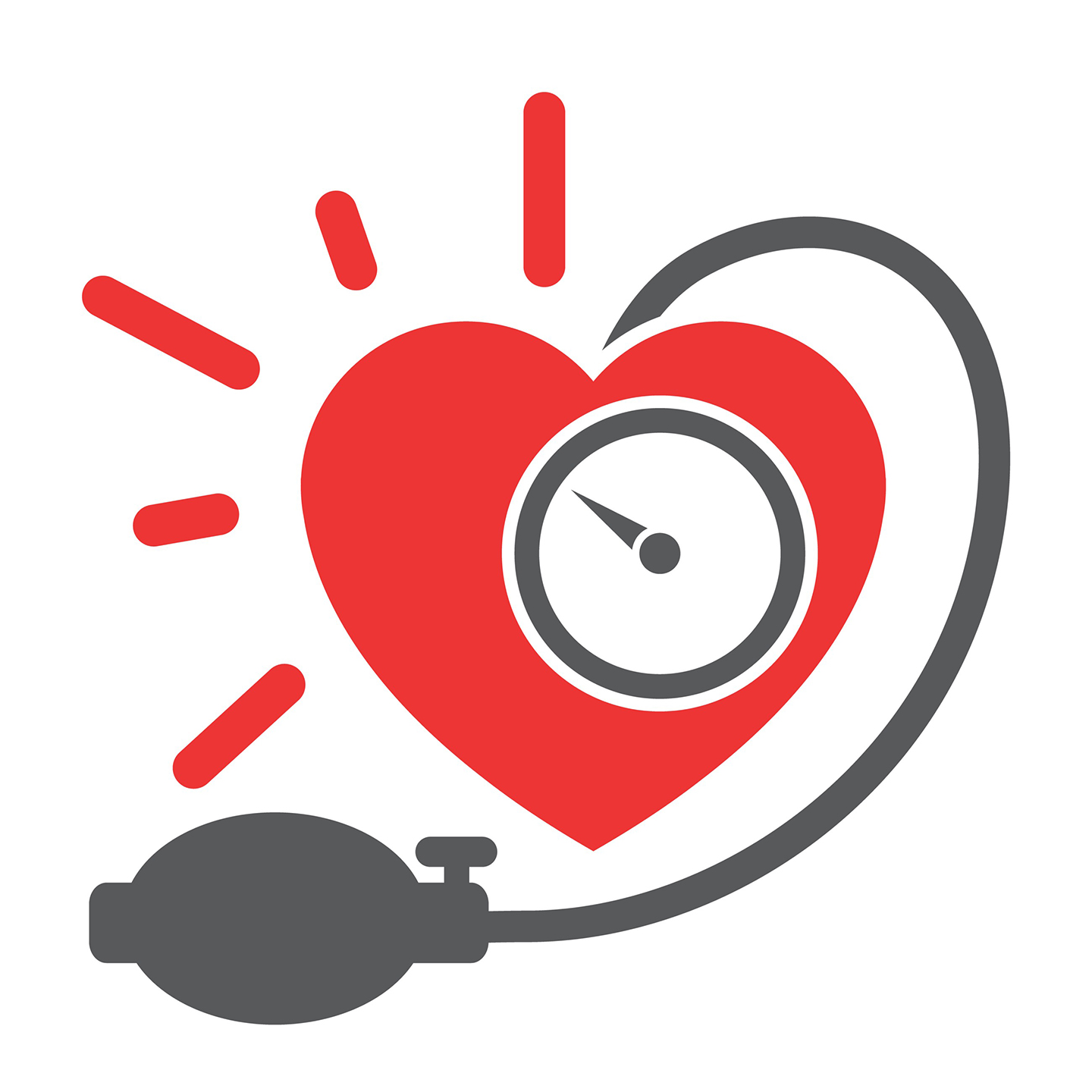What is Hypertension & what can you do about it?
Hypertension is a long-term medical condition where a person’s blood pressure is extremely elevated to levels that can lead to major health concerns.

A person’s health is single handedly one of the most important aspects of their life. When it comes to health people cannot be too careful. Any and all possible measures need to be taken in order to prevent whatever health related emergencies.
With the month of May being ‘May Measurement Month’ and the 17th being World Hypertension Day, Smart Family Magazine had a sit down with Prof Dr. Dibya Singh Shah (Department Head of Nephrology and Transplant) and Dr. Naresh Maharjan (Cardiologist) at Grande Hospital, to discuss what Hypertension is, how it affects our health, along with its associated preventive measures.
1. What is Hypertension and what are its symptoms and causes?
Hypertension is a medical condition where a person has high blood pressure due to a numer of combinations of their genetics and surroundings. Naturally high-blood pressure comes with age but given a person familial medical history and the lifestyle they live can be deciding factors in them suffering from Hypertension. Hypertension primarily affects the heart and over time it can eventually lead to affecting the brain, eyes and kidneys. As the blood pressure increases, the walls of the heart and arteries tend to thicken and swollen which leads to palpitation, periodic headaches, dizziness, vertigo and even fainting.
In general, the average blood pressure is expressed in two measurements, the systolic and diastolic pressures; where Systolic is the maximum pressure and Diastolic is the minimum pressure. Normal blood pressure ranges at 100-130 mmHg Systolic and 60-80 mmHg Diastolic for majority of adults. If that measurement exceeds a Diastolic high of 140 mmHg and a Systolic high of 90 mmHg, it is considered as a case of high blood pressure.
There two classifications of Hypertension. First being Primary Hypertension, which has no reason or specific cause and can stem from a person’s heredity, social environment, lifestyle or a combination of all. If this is left unattended then it can lead to a more severe form of Hypertension that can result in problems associated with eyes, kidneys, and the heart.
The second one is called, Secondary Hypertension and it is actually the number two reason for kidney failure; the first being diabetes. It usually isn’t as common as the Primary Hypertension but it is a type of Hypertension that manifests due to different causes such as endocrine diseases, kidney diseases, and tumors. If left untreated this can lead to a more severe cases of tumor, kidney, vascular, thyroid, endocrine system problems in the long run.
Hypertension in general does not have any specific symptoms but its affects can be seen in swollen limbs, frequent headaches, and weak physical condition. If it is left unchecked and proper preventive measures and medication are not being taken, then the chances of any number of emergencies directly co-related to Hypertension will be high.
2. What sort of diagnosis or measures should people follow if they suffer from Hypertension?
Hypertension is mostly the result of how people live, eat and the type of environment they surround themselves in. Hypertension is very lifestyle specific and can stem from unbalanced diet, obesity related cases, stress, stressful work environment or a combination of them. Regular consumption of oily and junk food, highly salted foods, preserved foods, and alcohol over time can lead to development of Hypertension in people.
An effective diagnosis would be regular measurement of one’s blood pressure, routine health checkups, and maintaining a healthy diet.
When it comes to treatment of Hypertension it is dependent on how high the person’s blood pressure is. If it is extremely high, then certain tests have to be conducted and proper medication dosage over a course of time is required. If not then lifestyle changes including diet changes, reducing salt intake, avoiding oily/junk foods, light exercises and physical activities etc. can be most helpful for people in its prevention. The best option is to be mindful of one’s lifestyle and go for regular health checkups.
3. What sort of risks lie in severe cases of Hypertension?
There is a risk factor for severe cases depending on the patient’s medical history and family medical history. High blood pressure does not directly relate to severe complications in the human body but it most definitely builds up to them.
Some of the most severe cases due to Hypertension are as follows,
a. Hypertensive Nephropathy – Adverse effects and complications to the Kidneys
b. Hypertensive Retinopathy – Adverse effects and complications to the Eyes
c. Hypertensive Heart Disease – Adverse effects and complications to the Heart
If Hypertension is left unchecked and proper measures are not taken then patients suffering from it can have cases of blindness, brain hemorrhages, kidney failures, heart failures and even death.
4. How should people think about applying preventive measures for Hypertension?
Many people tend to look for quick fixes and solutions to their health related ailments and are hesitant to take medications. When people hear that they need to take medication, they instinctively assume that they have to take it their entire lives. It is because of that very reason people look for alternatives that may or may not work for them.
People need to be more aware and well-informed about how medications work and shouldn't think about it as a burden. People have to know that depending on what ails them, they need to take medications at acertain prescribed dosage for a certain time and not their entire lifetime. They need to have a mentality that says “It is a way to keep myself healthy”. Just as how people work hard to gain success in life same too applies for success in health.


